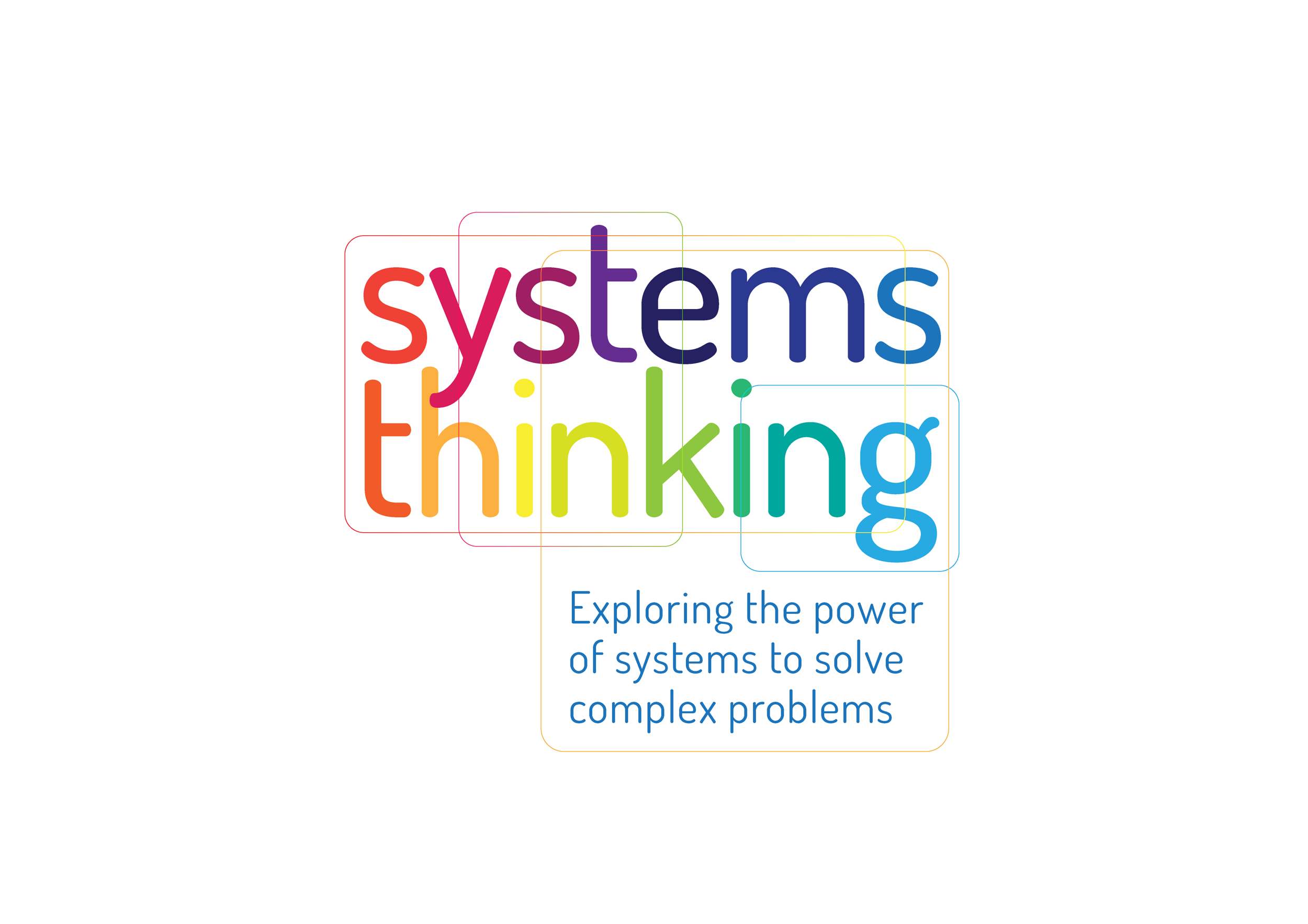
Boundaries between departments can create both perceived and very real constraints for civil servants.
We think there is a better way to work and a better way to serve citizens.
One which supports the government of the day to develop and implement its policies. One which enables government to become as effective as it can be. One which helps us to address the most complex challenges, particularly those which affect more than one department.
We believe through systems leadership and something called the Strategic Framework, we can deliver the very best public services across the UK.
Systems leadership and the Strategic Framework
Systems leadership is essentially how you lead across organisational boundaries. Don’t let the name fool you. It’s not just for leaders. It’s for everyone.
The Strategic Framework is a way of working that puts citizens first and prioritises the outcomes we’re trying to deliver. It’s about delivering joined-up solutions that work, rather than working away in our own departments in isolation. It must be said that there are lots of examples of people working in this way already, though they might not consider themselves 'systems thinkers'.
There are four elements to the Strategic Framework approach:
- Approach - focusing on outcomes and considering the whole public service system;
- Governance - empowering Ministers and Senior Responsible Officers (SROs) to gain a complete view of government
- Infrastructure - ensuring our architecture supports working across boundaries;
- Culture - embedding systems leadership across and beyond government.
Part of our work involves horizon scanning which allows us to better support government to identify priorities more effectively.
We are testing the Strategic Framework approach through a series of demonstrator projects. The projects are in 5 priority areas: prosperity, security, sustainability, influence and wellbeing.
In addition to this, we are developing guidance and tools to build systems capability in government.
Our approach is built on how similar frameworks have been developed and implemented around the world. We’ve drawn together examples of private sector best practice, as well as integrating lessons from relevant academic disciplines such as systems engineering.
A blog for everyone
By bringing people together, involving the whole system in the design and delivery of the problem, we’ll find diversity of thought, and much more interesting and effective answers.
That’s why we’re launching this blog. We want to share what we’re doing and learn from others.
We’ll invite people across the public sector, members of the team and academics to share their thoughts on systems leadership and the Strategic Framework, so do subscribe for regular posts and follow us on social media.
We want as many people as possible know about systems thinking and systems leadership. We encourage debate, constructive feedback and tolerance. Please observe our community guidelines.
3 comments
Comment by geoff elliott posted on
But systems thinking is more than exploring the power of "systems" to solve complex problems. ST is fundamentally about sensemaking making an appropriate intervention into any unbounded problematic situation. This may result in options for change and not solutions where each option is sub optimal. Perhaps more importantly "ST" is not a singular "thing" or "methodology". There are more than 20 different approaches all of which do not work in all contexts.
Comment by Sarah Stewart posted on
Hi Geoff, thanks for visiting our blog and taking the time to comment. We agree. 'Systems Thinking' (the blog) is the place where we explore how Systems Thinking (the discipline) can be applied to complex problems. You are totally right - the discipline is about making sense of messy situations and there are various approaches. We hope that people from across the public sector will share their experiences applying those approaches with us in the coming months.
Comment by Nigel George posted on
Hello. I'm an exec director for a company based in The Isle of Wight UNESCO Biosphere Reserve UK called Arc Biodiversity & Climate, formerly Arc Consulting. Most of my own work is based in our multi-discipline R&D department called 'Artecology'.
Arc Biodiversity and Climate has a deliverable ST framework we call 'Shaping Better Places'. We have both corporate and public sector clients, and we also work with universities and communities across Europe. We're currently part of an international consortium that is currently forming a brand new project looking at the sustainability and resilience of Island based coastal communities living in the face of climate change.
I was interested to read Adam's blog about misconceptions relating to collaboration, I've written one or two of those myself over the years!!
It feels to me as though we should be talking to you directly...how can I make that happen? Nige http://www.artecology.space